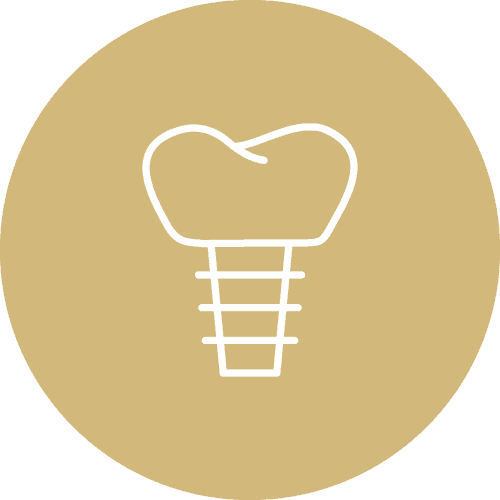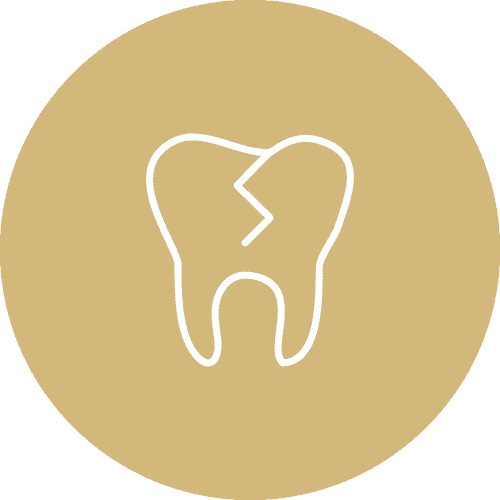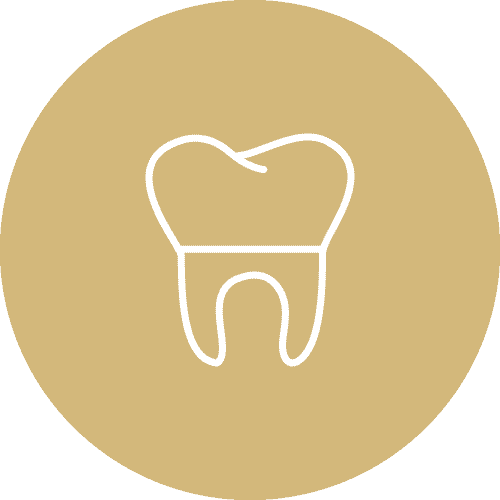The term “root canal” often elicits a sense of fear and discomfort for many people. Your dentist in Billings understands. However, understanding what a root canal is, why someone may need one, and the perceived associated pain can demystify the procedure and help individuals make informed decisions about their dental health.
What’s a Root Canal?
A root canal is a dental procedure designed to treat and save a severely infected or damaged tooth. The term “root canal” refers to the natural cavity within the center of the tooth, which houses the pulp chamber and the nerve. When this area becomes infected due to deep decay, cracks, or trauma, a root canal becomes necessary to remove the infected pulp and nerve, clean the inside of the tooth, and seal it to prevent further infection.
Reasons for Needing a Root Canal
Several factors can lead to the need for a root canal, with dental decay being the most common culprit. When a cavity goes untreated, bacteria can penetrate deep into the tooth, reaching the pulp and causing infection. Additionally, fractures, chips, or trauma to the tooth can expose the pulp, also leading to infection. Ignoring the signs of a problem, such as persistent pain, swelling, or sensitivity to hot and cold temperatures, can result in the need for a root canal.
Pain Associated with Root Canals
The mention of a root canal often brings to mind thoughts of excruciating pain, but the reality is quite different. The purpose of a root canal is to alleviate pain, not cause it. Before the procedure begins, your dentist in Billings will administer local anesthesia to numb the tooth and surrounding area. Patients may feel a slight pinch from the needle, but once the anesthesia takes effect, they should experience little to no pain during the procedure.
During the root canal, your dentist will remove the infected pulp and nerve, effectively eliminating the source of pain. While some discomfort or soreness may be present after the procedure, this can typically be managed with over-the-counter pain medications. It’s essential for patients to follow post-operative care instructions provided by their dentist to ensure a smooth recovery.
The Misconception of Root Canal Pain
The fear of pain associated with root canals often stems from outdated information and misconceptions. Modern advances in dental techniques, equipment, and anesthesia have significantly improved the comfort and success rates of root canal procedures. Dentists are trained to prioritize patient comfort, ensuring that the experience is as painless as possible.
Additionally, delaying or avoiding a root canal due to fear can lead to more severe consequences, such as the spread of infection, abscess formation, and the eventual loss of the tooth. Root canals are a valuable and routine dental procedure that allows patients to retain their natural teeth and maintain optimal oral health.
Understanding what a root canal is, why someone may need one, and the pain associated with the procedure can help demystify this common dental treatment. Root canals are performed to alleviate pain and save teeth that would otherwise be lost due to infection or damage. With advancements in dental technology and anesthesia, the discomfort associated with root canals is minimal, and the long-term benefits for oral health are significant.
If you suspect you may need a root canal or have concerns about dental pain, consult with your dentist in Billings to explore the best course of action for your individual needs. Taking proactive steps to address dental issues can lead to improved oral health and overall well-being.









